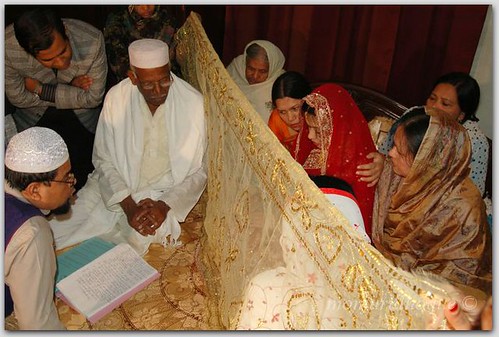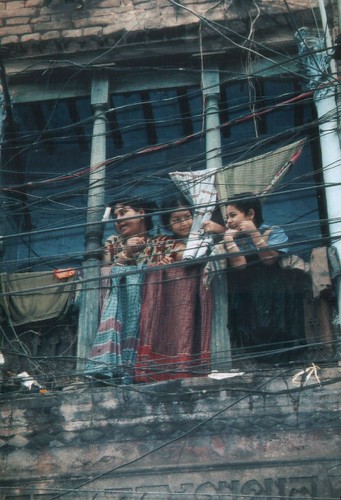
According to the 2012 Social Institutions and Gender Index, a new tool developed by the Organization for Economic Cooperation and Development (OECD) measuring gender equality, Bangladesh is ranked 63 out of 88 countries surveyed. A slight improvement from 2009, where Bangladesh came in at 90 out of 102 countries surveyed.
The SIGI introduces 12 innovative indicators on social institutions, which are grouped into 5 categories: Family Code, Physical Integrity, Son Preference, Civil Liberties and Ownership Rights. Each of the SIGI indicators is coded between 0 and 1; 0 meaning no or very low inequality, and 1, indicating very high inequality.
The SIGI results indicate that many of the world’s worst performers are located in the belt that stretches from Mali to Pakistan. The women of sub-Saharan Africa, South Asia, and the Middle East and North Africa region, face the highest discrimination. Sudan, Afghanistan and Sierra Leone came in at last place on the SIGI rankings.
UN data shows that nearly half of the women in Bangladesh between 15 and 19 years of age have been married, divorced or widowed; a UNICEF study discovered that 33% of women between 15 and 49 were married before their 15th birthday.
In recent years, the Bangladeshi government has outlawed early marriages and raised the age for legal marriage to 18 for women and 21 for men. All persons must report a legal marriage, failure to do so results in a two year prison sentence.

So, while it looks like these new rulings have played a positive role in the SIGI rankings, there are still outdated practices and cultural norms that negatively impact women's opportunities.
Even though 83% of women surveyed disagreed or disagreed strongly with the statement, “It is acceptable for a man to have more than one wife," Polygamy is still legal. According to both Islamic law and Hindu custom, mother's are regarded as "custodians" of their children and cannot ever be a legal guardian. In the event that a woman is widowed, and her sons are over 7 and her daughters have reached puberty, the husband's family has the right to take the children away from the mother. Same goes in the case of divorce.
A 2010 CEDAW report found that divorced and widowed women are more likely to be living under the poverty line than married and single, never-married women.

Traditionally, daughters inherit only half as much as sons. In the absence of sons, daughters can only collect their inheritance once all family debt and obligations have been taken care of. In Hindu and polygamist households, a widow or widows can only inherit as much as one son.
In 2011, the government of Bangladesh drafted the National Women Development Policy which will guarantee equal inheritance for both sons and daughters. The law has not yet been passed as there is debate as to how it will be enforced as it conflicts with local Islamic laws.
Bangladesh has also taken a step forward in the case of domestic and physical abuse towards women. The Domestic Violence Prevention and Protection Act became law in 2010, giving women temporary to permanent protection and guaranteeing imprisonment of abusers.
However, there is still a lot of room for improvement when it comes to land rights and agriculture. While it is legal for a women to own land in Bangladesh, they are often limited in what they are allowed to do with their land.
In the eastern provinces, 30% of households in Bangladesh are headed by women and are more likely to suffer from extreme poverty and landlessness. Despite their growing role in agriculture, social practices effectively exclude women from direct access to land. It is customary for a woman not to claim her share of the family property unless it is given willingly. Women often surrender their right to property in exchange for the right to visit their parental home and seek their brothers’ assistance in cases of marital conflict.
To learn more about the SIGI, take a moment and check out their slideshow: